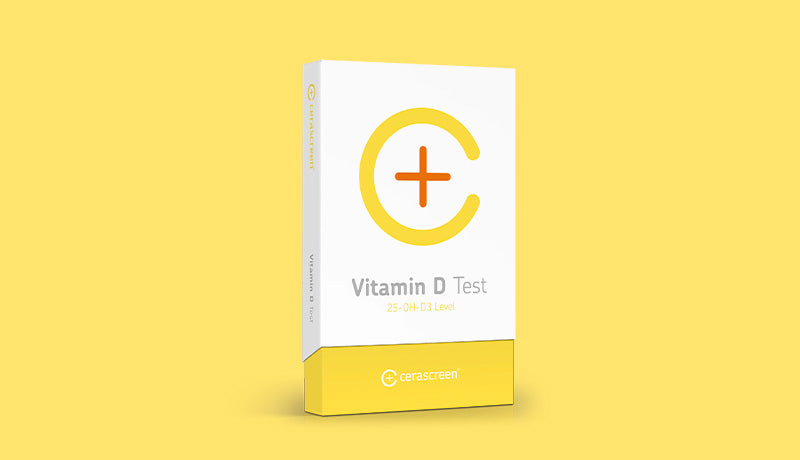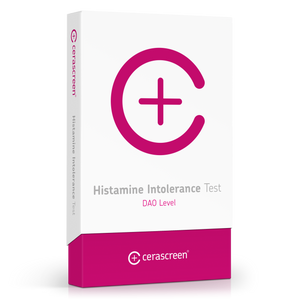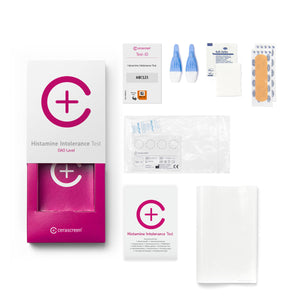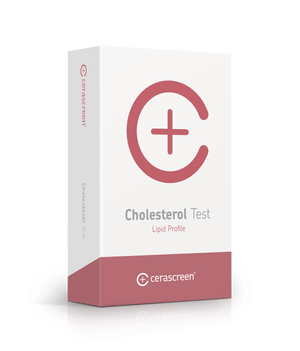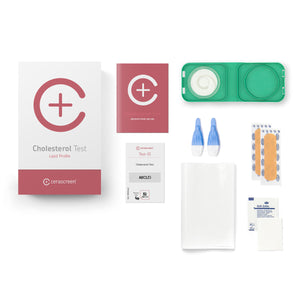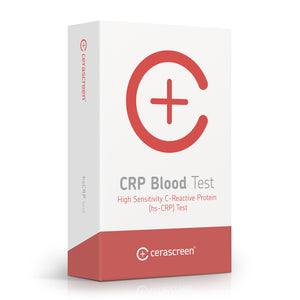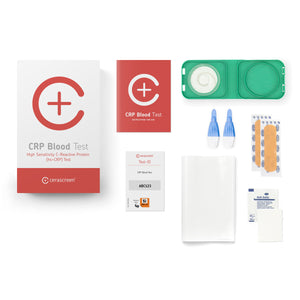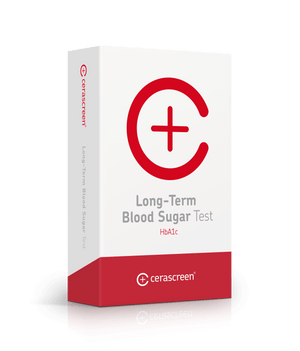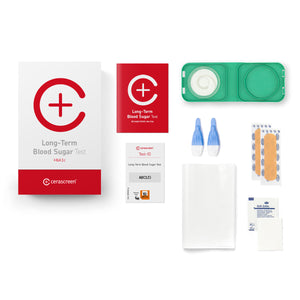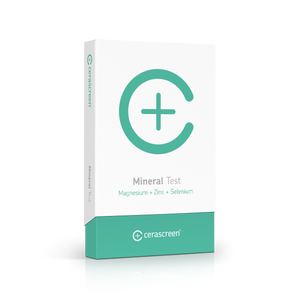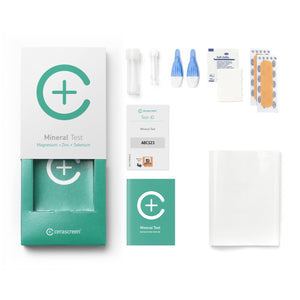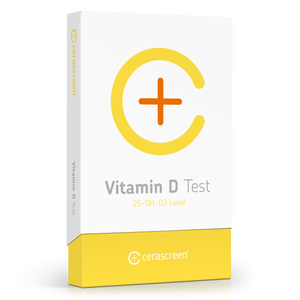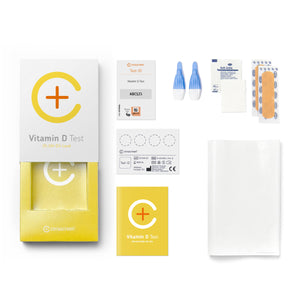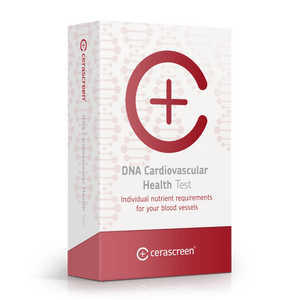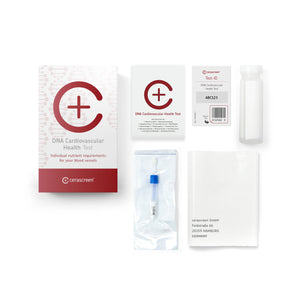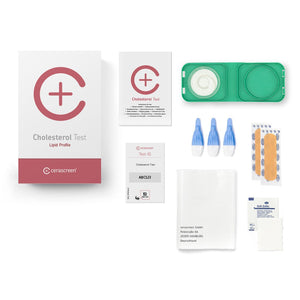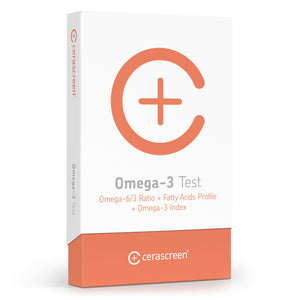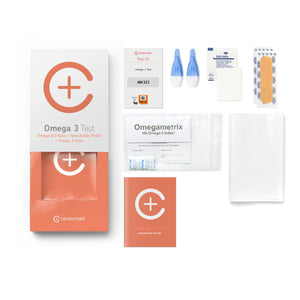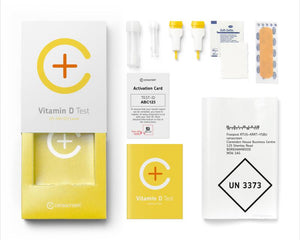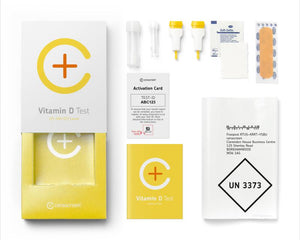Heart Health Check
selftests
health-coaching
all
/blogs/health-portal
/pages/about-us
Heart Blood Tests: Can I check my heart health at home?
There are some biomarkers that are considered particularly relevant for heart health, one of them being you cholesterol levels.
Cholesterol is considered a crucial risk factor for cardiovascular disease and stroke. A distinction is made between the following forms of cholesterol: LDL (low-density lipoprotein) and HDL (high-density lipoprotein). LDL cholesterol has a negative effect on the blood vessels. LDL cholesterol can lead to blood vessel constriction and to circulatory disorders. HDL cholesterol has the opposite effect: it participates in the breakdown of LDL cholesterol and protects blood vessels.
The cerascreen® Cholesterol Test is a heart blood test that allows you to check your blood lipids. You should consider performing a heart health check if you are at risk of high LDL cholesterol levels or are one of the risk groups – that is, elderly people, smokers, people with high blood pressure, people with type 2 diabetes or people with a family history of heart attacks and strokes.
How to check your heart health at home?
Where should you even start with the wide range of heart health test kits circulating the Internet? A good place to start is with the cerascreen® DNA Heart Health Test, which gives you fascinating insights into your genetics. With this test, you can find out which heart health conditions you are more susceptible to due to your genetics.
If you are aware of certain genetic factors that are linked to your cardiovascular health, you can take everyday preventive measures to ensure optimal heart health. This might including reducing your fat intake, consuming more vitamins and minerals, as well as enjoying more physical exercise, reducing stress or paying attention to alcohol and nicotine consumption.
How can I boost my heart health?
Our body needs certain fats such as omega 6 and omega 3 to produce hormones and cell walls. Omega-3 fatty acids have a positive influence on mental performance and can reduce the risk of depression and coronary heart disease. While omega-6 fatty acids are pro-inflammatory and vasoconstrictive, omega-3 fatty acids dilate the vessels and inhibit inflammation. If you strike the perfect balance between the two fatty acids, you will reap the benefits of omega 3 and omega 6 – which is optimal heart health!
If you’re unsure about your omega-3 levels, you can determine the level of omega-3 and omega-6 fatty acids in your blood with the cerascreen® Omega-3 Test.
What vitamins are good for your heart?
Vitamin D is often called the feel-good vitamin or the sunshine vitamin. The body produces it itself when it comes into contact with sunlight. Since people today spend a lot of time indoors and receive little sun, many of us also suffer from a vitamin D deficiency. Vitamin D is only found in small amounts in food, so it is almost impossible to consume the vitamin through food.
A vitamin D deficiency can lead to fatigue, low energy levels, circulatory problems and a weakened immune system. Studies show that a vitamin D level of less than 15 ng/ml compared to more than 30 ng/ml is associated with more frequent cases of high blood pressure, increased blood lipid levels, cardiovascular disease, heart defects and strokes. Our Vitamin D Test can tell you your vitamin D levels and if you may need to approach your doctor about taking vitamin D supplements.

